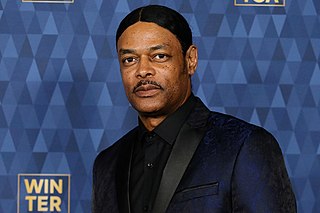A Quote by Douglas Coupland
It's weird when people start sentences with 'frankly' - as if their other sentences don't count.
Related Quotes
Mandatory minimum sentences give no discretion to judges about the amount of time that the person should receive once a guilty verdict is rendered. Harsh mandatory minimum sentences for drug offenses were passed by Congress in the 1980s as part of the war on drugs and the "get tough" movement, sentences that have helped to fuel our nation's prison boom and have also greatly aggravated racial disparities, particularly in the application of mandatory minimum sentences for crack cocaine.
I write different kinds of sentences, depending on what the book is, and what the project is. I see my work evolving. I'm writing long sentences now, something I didn't use to do. I had some kind of breakthrough, five or six years ago, in Invisible, and in Sunset Park after that. I discovered a new way to write sentences. And I find it exhilarating.
[On George H.W. Bush:] A man who wishes to lead the Western world should be able to find the right words, string them together in coherent sentences, and steer them to an intelligible conclusion. His sentences have the stuttering start of an old car on a cold morning. They never run smoothly. The only speech part that he has mastered completely is the non sequitur.







































